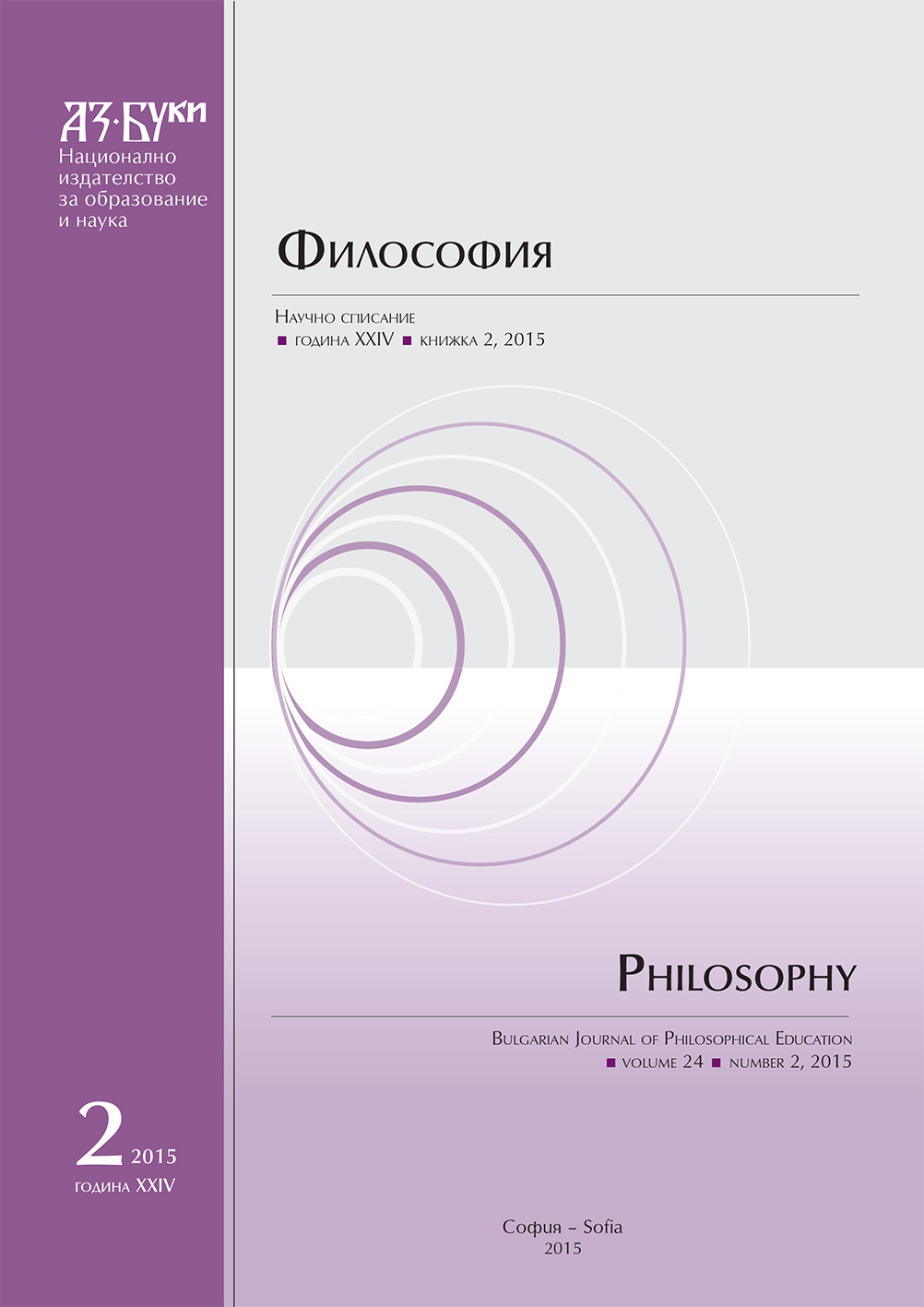Симулация и огледални неврони. Анализ на понятието за намерение в експеримента на Якобони
Simulation and Mirror Neurons. Analysis of the Concept of Intention in Iacoboni’s Experiment
Author(s): Nikola NedelchevSubject(s): Philosophy, Social Sciences, Education, Psychology, Philosophical Traditions, Epistemology, Special Branches of Philosophy, Philosophy of Science, Neuropsychology, Psychology of Self
Published by: Национално издателство за образование и наука „Аз-буки“
Keywords: simulation; mirror neurons; intention; behaviour
Summary/Abstract: The goal of the present article is to analyse some of the main premises for justifying the simulation theory (ST) via the mirror neuron theory. The first task will be to formulate a criterion which will set the analysis’s limits. Here I will refer to this criterion as “Goldman’s criterion” (GC). According to GC, the attribution of mental states requires that they be simulationally represented as mental rather than behavioural states. The second task is to introduce the analysis’s object. The object of the analysis enters the picture as part of the theoretical explanations of Iacoboni’s experiment. According to the experiment’s results, mirror neurons represent intentions, which is taken as evidence in support of ST. However, here I will show that the experiment’s description can be a source of alternative uses for the concept of intention – ones that refer not to states, but rather to behavioural dispositions. If this is the case, then GC can not be fulfilled, because of a conceptual problem.
Journal: Философия
- Issue Year: 24/2015
- Issue No: 2
- Page Range: 205-215
- Page Count: 11
- Language: Bulgarian
- Content File-PDF

